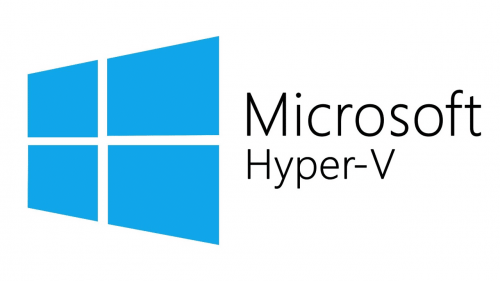The Power of Dedicated Hyper-V Servers
In the fast-paced realm of modern technology, businesses are increasingly relying on dedicated Hyper-V servers to optimize their virtualization capabilities and enhance overall performance. This article explores the significance, benefits, and diverse applications of dedicated Hyper-V servers, shedding light on their pivotal role in shaping the digital landscape.
Understanding Dedicated Hyper-V Servers
Dedicated Hyper-V servers stand at the forefront of virtualization technology, offering businesses a dedicated environment for managing virtual machines (VMs) on the Microsoft Hyper-V platform. Hyper-V is a hypervisor-based virtualization technology that allows organizations to create, manage, and run multiple VMs on a single physical server.

Advantages of Dedicated Hyper-V Servers
-
Isolation and Performance: Dedicated Hyper-V servers provide complete isolation between VMs, ensuring that resources are allocated efficiently for optimal performance. This isolation also enhances security and prevents resource contention.
-
Scalability: Hyper-V's flexibility allows for easy scalability, enabling businesses to scale up or down based on changing demands without disrupting operations.
-
Hardware Utilization: By consolidating multiple VMs on a single physical server, dedicated Hyper-V servers maximize hardware utilization, reducing costs and energy consumption.
-
Live Migration: Hyper-V's live migration feature enables seamless movement of VMs between physical servers, ensuring high availability and minimal downtime during maintenance or hardware upgrades.
-
Enhanced Management: Dedicated Hyper-V servers offer advanced management tools, such as Hyper-V Manager and System Center Virtual Machine Manager (SCVMM), for simplified VM creation, deployment, and monitoring.
-
Backup and Disaster Recovery: Hyper-V facilitates efficient backup and disaster recovery solutions, allowing businesses to create snapshots, replicate VMs, and implement robust recovery strategies.
Applications of Dedicated Hyper-V Servers
-
Enterprise Data Centers: Dedicated Hyper-V servers are a cornerstone of enterprise data centers, providing a platform for running mission-critical applications, databases, and services.
-
Application Testing: Developers can create isolated VM environments to test new applications, software updates, or configurations before deployment.
-
Virtual Desktop Infrastructure (VDI): Dedicated Hyper-V servers excel in VDI deployments, delivering secure, scalable, and consistent virtual desktop experiences to end-users.
-
Private Clouds: Businesses can build private clouds using Hyper-V, offering self-service provisioning, resource allocation, and management for various departments.
-
Web Hosting: Hyper-V's isolation and management features make it suitable for hosting multiple websites and web applications with efficient resource allocation.
Choosing Dedicated Hyper-V Hosting
Selecting a dedicated Hyper-V hosting provider is a critical decision. Consider factors like server specifications, network connectivity, data center location, technical support, and scalability options to ensure a tailored solution that aligns with your business needs.
In Conclusion
Dedicated Hyper-V servers are a driving force behind efficient virtualization, offering a wide array of benefits from performance optimization to enhanced management and scalability. As businesses embrace digital transformation, dedicated Hyper-V servers empower them to harness the full potential of virtualization technology. By leveraging the capabilities of dedicated Hyper-V servers, organizations can elevate their IT infrastructure, streamline operations, and position themselves for future growth and innovation.